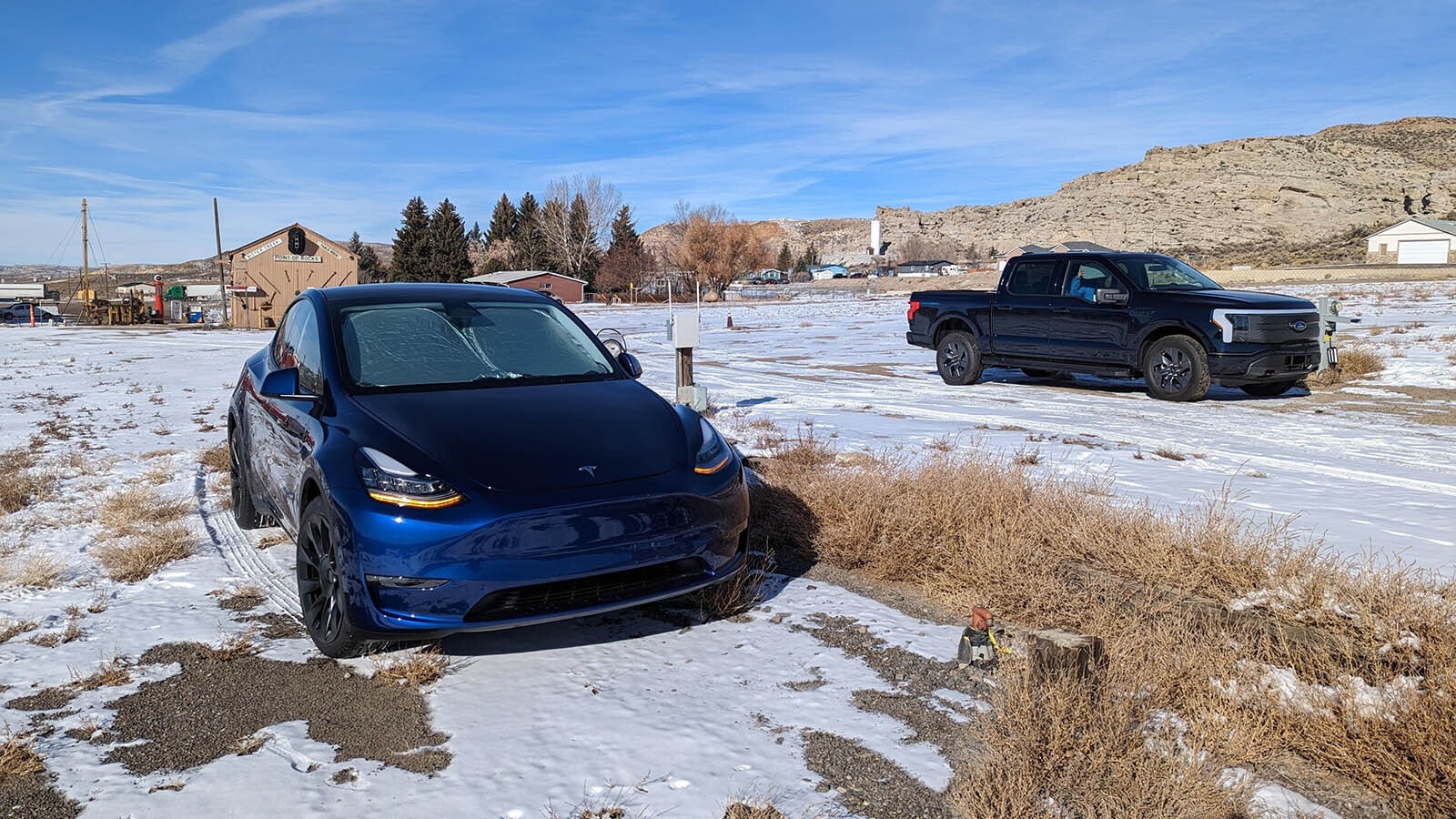Sunday’s publication of Cowboy State Daily included an article titled “Wyoming Truckers Say New Federal EV Rules Unrealistic and ‘Asinine.” I submit adding "ill-advised" and "short-sighted" is warranted.
The federal rules ostensibly address carbon emissions with the goal of protecting the environment. Any good Wyomingite will tell you we need to be good stewards of our land and our resources.
Wyoming isn’t a vacation destination for us, neither is it "fly over country," it is our home. This home, or "nest" if you will, is precious to us and there are certain things that you just don’t do in the nest.
The article’s second paragraph illustrates the problem with the federal initiative being discussed. The stated goal is “to achieve zero carbon dioxide emissions by 2032.”
The initiative starts with the assumption that EVs can do the tasks we are discussing without having to establish it as fact.
The proponents have dispensed with the argument altogether and jump right to the conclusion apparently without concern for the more predictable negative consequences of the crushing cost, supply chain interruptions and dependability.
The task of our freight haulers is to provide an indispensable part of reliable and efficient supply chain that supports virtually every aspect of our lives. When things are working according to plan, we have access to crucial commodities nearly instantaneously. But medicines don’t come from the pharmacy. Food doesn’t come from the grocery store and electricity doesn’t come from outlet in the wall or a charging station. These are merely places we access those resources.
Without reliable, efficient and cost-effective transportation, such as we currently depend upon, the commodities are inaccessible to us.
Many of us pride ourselves on being self-reliant, while also having the privilege to provide for our families including future generations and even our neighbors when called upon, but not at the expense of our environment.
We know our jobs and our duties better than anyone and we know the tools needed to properly complete the tasks. It is premature to push an expensive technology that is ill-suited for our weather, workload, distance requirements and also lacks the required infrastructure. Doing so while dispensing with a proven and reliable method to transport essential goods will have very costly consequences.
The predictable increase in cost will adversely impact those who can least afford it. The reports I’ve been able to find claim Tesla’s operational cost per mile are half of what a diesel truck cost. But that assumes the infrastructure, electrical grid and a suitably green, approved and reliable electrical generation are all in place, which certainly is NOT the case currently.
Additionally, the initial purchase of a Tesla semi with a reported 500 mile range is roughly twice a comparable diesel-powered truck. When diesel hovered around $5, we recall what that did to the cost of goods and shipping. It doesn’t require much imagination to predict the result of this forced initiative.
Ill-advised and short sighted indeed.
Cutting corners and rushing into a would-be solution, no matter how well intended, can actually create more work and problems than it might otherwise solve. The federal EV rules as stated, ignore current and responsible intermediate steps such as propane for medium duty trucks and buses and bio diesel for use in heavy duty vehicles. Both are proven and viable options that are available today.
The jump directly to “the electrification of all things” is at odds with both common sense and Wyoming’s “all-the-above” approach to energy sources and their responsible use.
Wyoming is not against EV's nor do we deny the ever-growing demands for electricity, quite the contrary.
Cowboy State Daily has an abundance of articles documenting Wyoming’s solar, wind, nuclear efforts as well as our more well-known coal, oil, gas and timber industries.
In addition to coal, we have significant uranium and massive rare earth mineral deposits that will undoubtedly play a prominent role in our nation’s energy future.
Wyoming’s “all-of-the-above” stance as it relates to our energy policy is proper and responsible … it should apply to our transportation policy as well.
Will Zilka
Moorcroft





